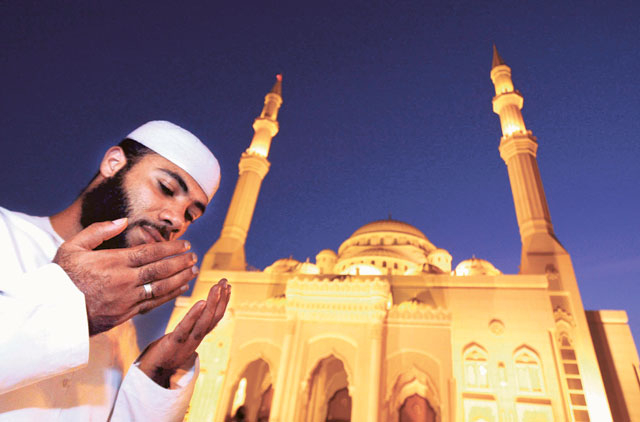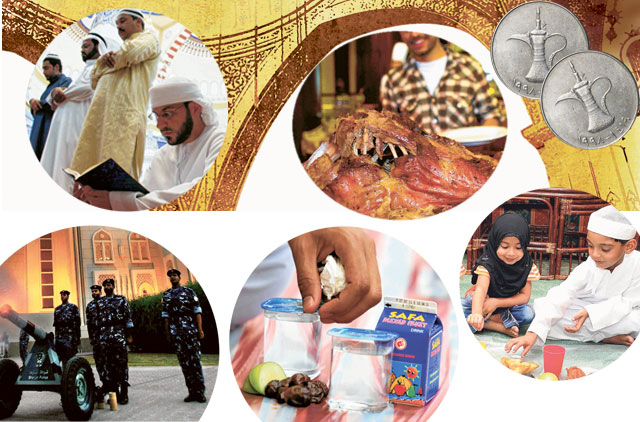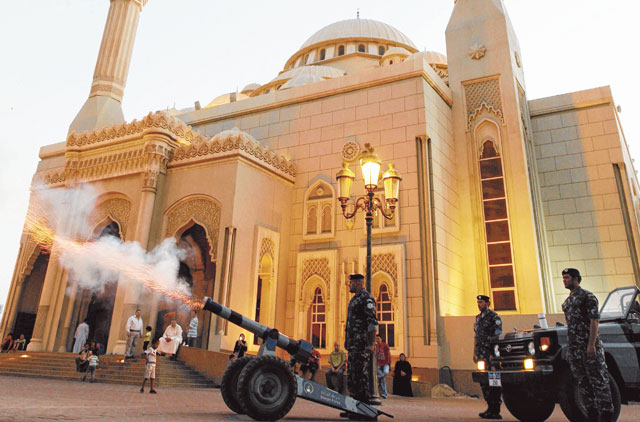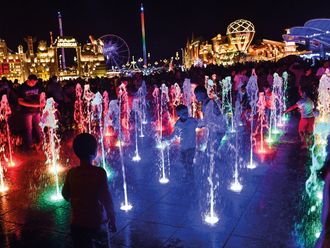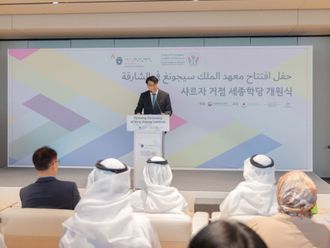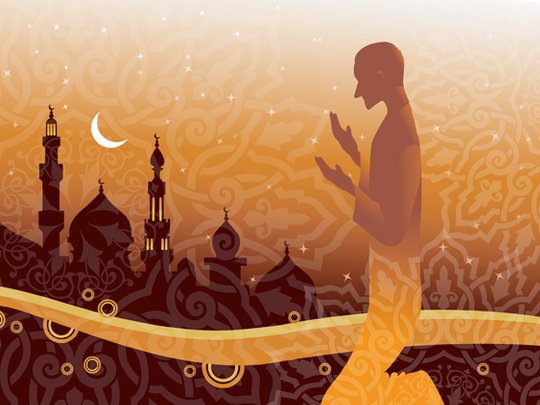
During the last ten days of Ramadan, Muslims around the world seek to observe Laylat Al Qadr (The Night of Power). Muslims also get ready for Eid Al Fitr.
Laylat Al Qadr
Prophet Mohammad (PBUH) said Laylat Al Qadr occurs during the last ten days of Ramadan, but it is highly speculated that it is either on the 26th or 27th night of Ramadan.
What makes Laylat Al Qadr special is that it is supposed to be the night when the Quran was revealed to Prophet Mohammad (PBUH). This night also has an entire surah (chapter) dedicated to it in the Quran. The surah states Laylat Al Qadr is better than 1,000 months, which means the good deeds performed on this night are multiplied by 30,000 or it is as if such work had been performed over 82 years. On this night, angels descend to earth to register people's deeds. It is reported that Prophet Mohammad (PBUH) said: "Whoever stays up [in prayer and remembrance of Allah] on the Night of Qadr, fully believing [in Allah's promise of reward] and hoping to seek reward, he shall be forgiven for his past sins."
Itikaf
During the last ten days of Ramadan, some men and women commit to itikaf (seclusion) in the mosque. They detach themselves from the materialistic world and dedicate all their time to get closer to Allah.
Itikaf can only be observed in a mosque and not in a prayer room in a house as it is not considered a mosque.
Eid
As Ramadan comes to a close, Muslims prepare for the joyous celebration that follows. It is Eid Al Fitr, which literally translates into ‘The Festival of Ending the Fast.'
Eid Al Fitr is a three-day celebration that follows Ramadan. Muslims wear their best clothes, prepare food and sweets and spend these days with their family and friends.
In Islamic countries Eid Al Fitr is a public holiday. Since Eid Al Fitr is the day of celebration of the end of the fast, it is preferable to eat before going to the Eid prayer.
Al Eid prayer:
The special Eid prayer is performed in the morning and is held in congregation in mosques or open areas. Eid prayers are not compulsory but are strongly recommended. One cannot perform Eid prayer at home, because it has to be prayed in congregations behind an imam (prayer leader).
Eid Prayer is different from the daily prayers that every Muslim is required to perform. The prayer is followed by a khutba (address), so one should not leave directly after prayer.
After the khutba is over, people get together to enjoy these blessed days in parks or at each other's houses.
Eid celebrations
Children are usually given gifts or cash during Eid, from both family and family friends. These are called ‘Eidiya' and can range from as little as a few dirhams to as much as Dh1,000.
Mothers often send out their children to give the neighbours gifts, including homemade sweets and biscuits in the spirit of Eid.
Zakat al fitr:
Muslims are also obligated to give poor people a set amount of money called ‘Zakat Al Fitr', which is meant to be used to help those less fortunate buy food and new clothes so they too can enjoy the celebration. The head of the household may pay the required amount for the other members of the house.
Zakat Al Fitr is required of everyone who fasted, disregarding their age and social status. Paying Zakat Al Fitr becomes obligatory from sunset of the last day of Ramadan and remains obligatory until the beginning of Eid prayer. One can pay it before the last day of Ramadan. Not paying it is considered a sin. The set amount is one Sa'a (two handfuls) of dates or the monetary equivalent.
NOTE: Greet your Muslim friends with ‘Eid Mubarak', which means ‘have a blessed Eid'.


